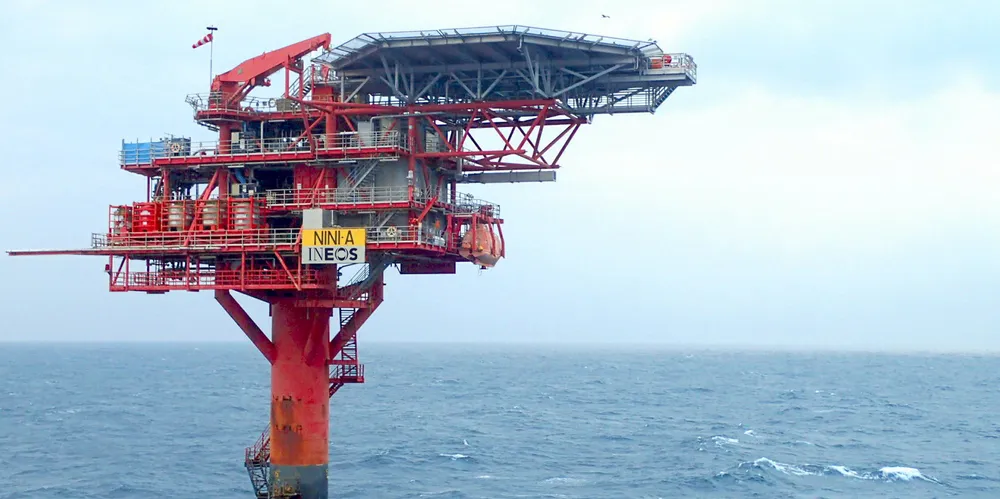Project Greensand | Danish offshore carbon capture pioneer scouts North Sea oil field plan
Ineos Energy-led consortium brings in UK engineers Kent to screen 'full value chain' for landmark project which aims to inject huge volumes of CO2 from onshore emitters into the depleted Nini oil & gas field
